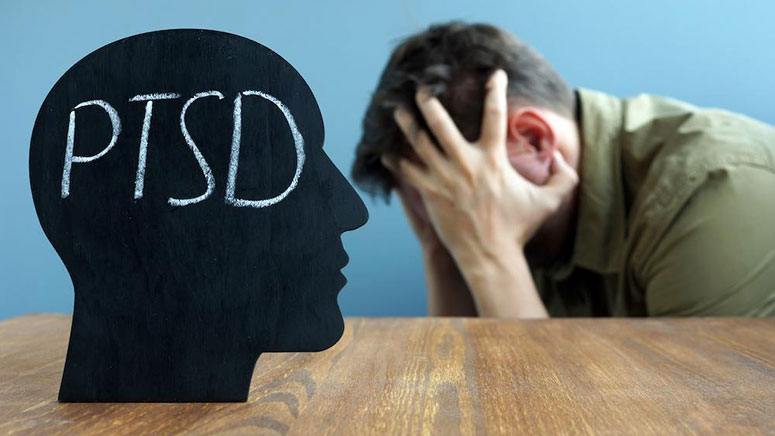Overview

Recovering from trauma can be difficult and slow. What works for one person may not work for another at all.
This is because people respond differently to trauma, and the effect of trauma can be complicated.
Trauma causes your hypothalamic, adrenal, and pituitary systems to release a surge of hormones that prepares you to flee, fight, or freeze.
In response, your breathing quickens, your heart rate speeds up, and your muscles tense. You may experience a narrow field of vision, your short-term memory may seem to go blank, and you might feel a sense of panic.
Trauma can affect one psychologically, neurological, and emotionally. Some short-lived and others much longer-lasting. When the effects of trauma do not go away or disrupt daily life, you may be experiencing post-traumatic stress disorder (PTSD).
According to research, around 10 to 20 percent of people who experience trauma will develop PTSD symptoms afterward.
Keep reading this article to learn about the treatment options for PTSD and how effective each treatment is.













